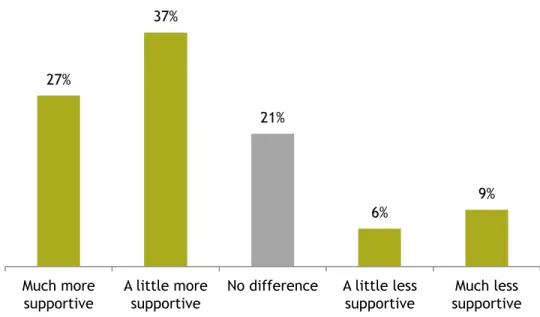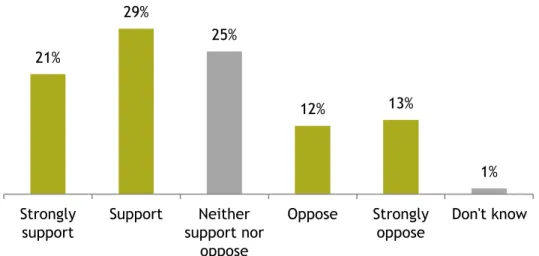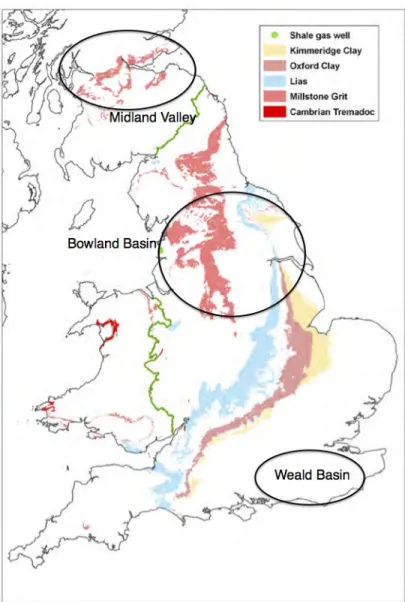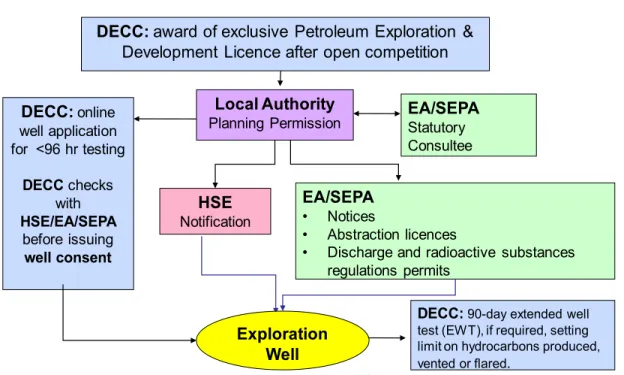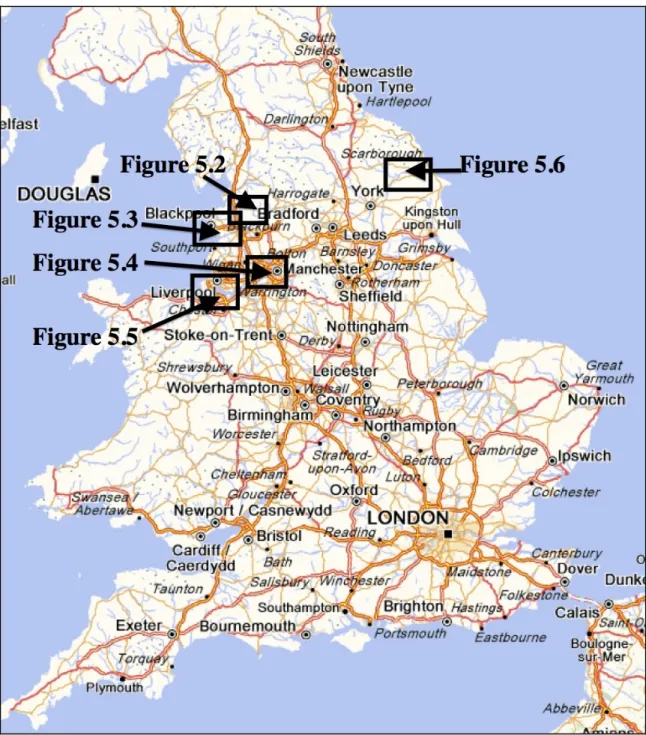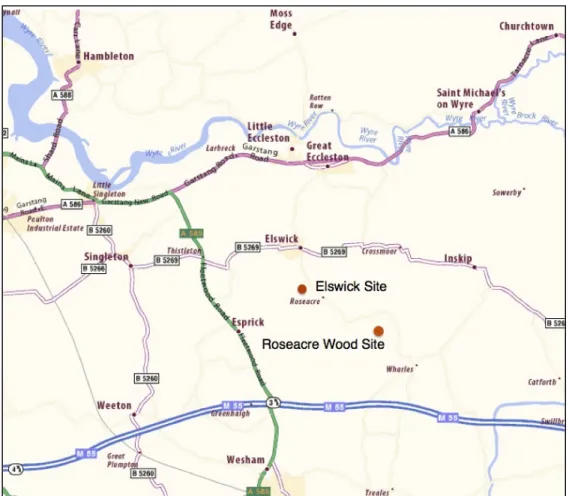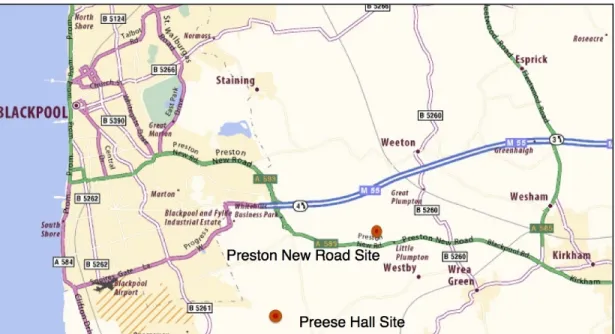This thesis uses US experience to predict what could happen in Britain as the shale gas industry grows. This thesis also shows that much of the public resistance to hydraulic fracturing and shale gas development in Britain is the result of environmental justice issues. These (EJ) issues need to be addressed through greater involvement of local communities in the planning and siting process for shale gas resources.
This thesis concludes that due to the wide range of potential social impacts of shale gas.
Introduction
This article will focus exclusively on the extraction of gas through hydraulic fracturing, as the UK is focused on developing shale gas rather than shale oil. The UK government remains optimistic about shale gas development and has made significant efforts to promote the growth of the industry. The need for more publicly available information about the potential social impacts of the shale gas industry.
The potential environmental hazards of fracking in the UK will also not be a major focus of this article, as there is already much research available on this aspect of shale gas development.
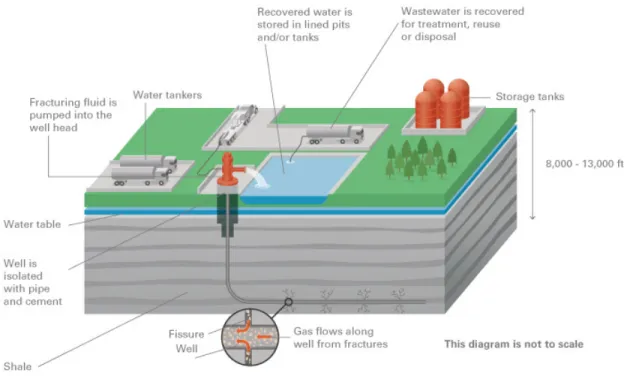
Hydraulic Fracturing and its Social Impacts in the US
This chapter also examines the components of the US boom-bust cycle and the social consequences associated with it. The term social disruption will be used in this thesis to refer to the loss of social networks in the community, changes in the socio-economic status of the community and changes in community services. This is usually due to the city's poor economic situation and a lack of alternative ways to bring in revenue.
Therefore, these communities are more likely to experience the negative social impacts associated with the boom and bust of the resource extraction industry.
Current Social Impacts and Public Attitudes in the UK 30
Due to a lack of information about the social impacts currently caused by the UK shale gas industry, this public perception of the industry and its practices will be the main focus of this chapter. The public appears to be fairly evenly split on the issue of whether or not to support hydraulic fracturing in the UK. There is evidence of widespread concern about the distributive equity of the benefits and risks of resource extraction.
The STS literature also points out that concerns held by the public often revolve around the misinterpretation by science and extractive companies of the degree of control and predictability that exists in the extraction process and their refusal to give due consideration to unforeseen factors in assessments of risk (Williams, 2014).
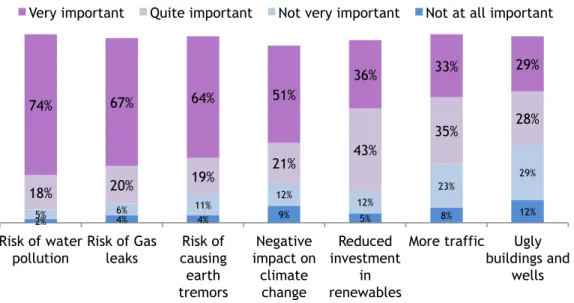
Hydraulic Fracturing Practices and Regulatory Regimes
The Marcellus Shale Play is one of the most prominent shale plays in the US and is often used by the UK government as its benchmark. With the US having such notable success in using hydraulic fracturing to produce oil and shale gas, it is no surprise that the UK wants to further expand its shale gas industry. There are 5 major resource extraction companies currently involved in shale gas exploration activities in the UK.
Cuadrilla has been recognized as a leader in the UK shale gas industry and has been carrying out extensive exploration drilling in the Bowland Shale since 2010. INEOS, one of the world's largest chemical companies, has also invested in the UK shale gas industry. A third major player in the UK shale gas industry is IGas Energy, Plc, one of the UK's leading onshore oil and gas companies.
Like Cuadrilla, IGas' shale gas exploration operations are concentrated in the North West region of England. The regulation of fracking in the UK is largely carried out by the national government through agencies such as the Environment Agency (EA), the. Regulation to monitor the growing shale gas industry in the UK is relatively new and in many ways still being created.
It is therefore important to point out the considerable similarities and differences between the US and UK communities beforehand. Third Energy's KM8 shale gas well is located within an existing conventional gas field operated by the company at Kirby Misperton in the North Yorkshire region of England. These UK communities largely share the same general composition, location and socio-economic status as those surrounding the wells in the US.
As a result, communities are likely to experience many of the same impacts in the event of a shale gas boom in the UK.
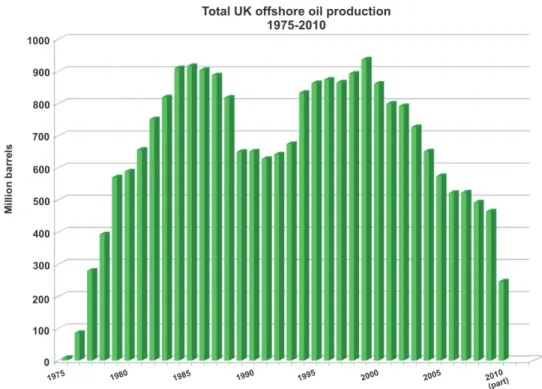
Environmental Justice
Disadvantaged communities in the US have been able to organize under the environmental justice movement to gain compensation for the harms they have experienced due to practices and policies related to environmental hazards (Noonan, 2008). Elements of the EJ movement can be seen in the UK shale gas development process through the perceived inequity in the distribution of risks and benefits from shale gas production and the lack of community involvement in decision-making processes. In the UK situation, well placement can simply be attributed to the fact that the North West is home to the UK's largest shale play, the Bowland Shale Play.
More research needs to be done on how well sites are chosen to truly determine if the concentration of shale gas activity in the Northwest is the result of environmental injustice. The push for environmental justice could have implications for the location of shale gas wells in the UK and the ability of companies to exploit hydraulic fracturing near certain communities in the future. In the UK shale gas scenario, the stakeholders will be local communities and residents who may be affected by industrial activity.
Acceptance has not yet been achieved in the UK due to widespread public fear of the risks of hydraulics. This lack of participatory justice and perceived distributive and procedural justice demonstrates how environmental justice issues serve as a significant roadblock to the granting of social license to operate in the UK shale gas industry. This allows for stakeholder involvement in the decision-making process and is therefore a small step toward addressing the procedural justice and participatory justice components of environmental justice (Cotton, Rattle, & Alstine, 2014).
This marginalization of public opinion by the UK government has created perceptions of inequality in the decision. There needs to be a move towards greater consideration of stakeholder concerns and fairer distribution of the harms and benefits of shale gas development before public acceptance is given in the UK.
Predictions
In Britain there have so far been no signs of this boom-bust cycle due to the growth of the shale gas industry. The city is also home to 18 of the country's 50 largest companies and the highest concentration of millionaires in Britain (Geoghegan, 2014; IoD, 2013). This problem is likely to be equally prevalent in the emerging shale gas industry, due to Britain's general lack of experience in this area (IoD, 2013).
Based on current trends in the UK and the accumulated information on the boom and bust cycles generated by the US unconventional gas industry, it seems unlikely that the growth of the UK shale gas industry will be fast enough for significant US boom cycle conditions . Although the UK business cycle is likely to be gradual, there are likely to be some social impacts. Increased social tensions are another result of the business cycle caused by the polarization of community opinion on resource extraction issues.
The social tensions we see in Britain are likely to be between local communities and the British government, rather than between community factions. In Britain, the way these bust cycle effects manifest themselves will largely depend on the size of the boom cycle and how dependent the local economy is. In addition, Blackpool could see growth in the local services sector as the companies and industries that support extractive activity and those employed in the industry expand to meet the demands of the booming shale gas industry.
Health problems in the community are likely to have a significant impact on the cycle of decline for Blackpool as it is already identified as the unhealthiest town in the UK (Collinson, 2013). These are important factors for local and national government to consider when regulating the growth of the shale gas industry in the Blackpool region.
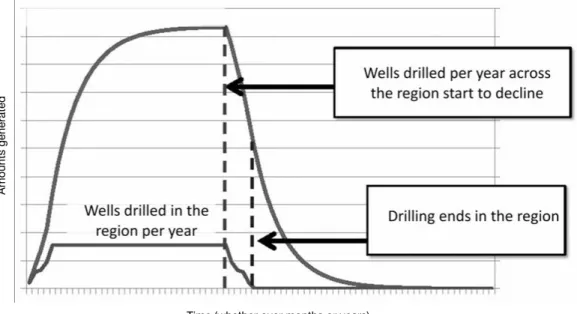
Conclusion
The current lack of government regulation and safeguards to mitigate any negative social impacts, combined with the void in available literature on the potential social consequences of a boom in the UK shale gas industry, makes it appear that the UK as a whole is generally unprepared to deal with such influences. This is an issue that needs to be addressed because, as we have seen in this thesis, the growth of the shale gas industry will have significant social consequences for local communities. Without full disclosure of these risks and benefits, communities are ill-prepared to deal with both the short- and long-term impacts that the growth of the shale gas industry may have on their locality.
As is evident in previous chapters, environmental justice issues also need to be given greater consideration by the UK government as they seek opportunities for shale gas industry growth. These social impacts need to be considered both by the UK communities making decisions about the development of the shale gas industry in their region and by national government as they push for greater local support of industry activity. This thesis may not be able to provide a definitive diagnosis of what UK communities will experience in the event of a UK shale gas industry boom, but it is a positive step towards giving the public greater awareness of the potential impacts they may see .
However, further research into the potential social impacts of a UK shale gas boom is needed to provide communities with a comprehensive base of information about the benefits and risks the industry poses to them. Given the current slow growth of the shale gas industry in the UK, communities may be able to more effectively plan and prepare for future industry activity if they are given sufficient information about what to expect. To do this, however, more studies focusing on the community impacts of shale gas development need to be carried out and made publicly available to UK residents.
Natural gas from shale formations - The evolution, evidence and challenges of the shale gas revolution in the United States. Shale gas and fracking (Standard Note SN/SC/6073). http://www.parliament.uk/business/publications/research/briefing-‐. 2014) Framing Fraking: Public Responses to the Potential Exploitation of Unconventional Fossil Fuels in the North of England, Durham Theses, Durham University.
